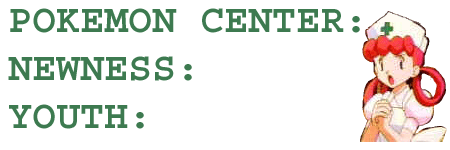

| “Perhaps contemporary intellectuals experience anxiety
in the face of the idea of radical change because we fear projecting only
a repetition of our own sullied world under the guise of the new or because
we cannot distinguish between the rhythms of change inherent in the system
of late capitalism and changes that might actually displace the system by
a new one altogether. Whatever the reasons, we remain—for the most
part—stuck either celebrating the products of postmodern culture, thereby
replicating the giddy rhythms of the postmodern ‘change’ itself;
endlessly diagnosing the problem, thereby critiquing a system whose failures
are by now well known; or enclosing genuinely new situations in past narratives
or paradigms of understanding, thereby failing to understand uniqueness” —Ellen E. Berry and Carol Siegel |
||
| [1] There are many reasons that scholars and thinkers have failed to adequately describe the new. For some, there is simply no will to theorize beyond the present moment. For others, the desire is strong, but there is a lack of imagination or an unwillingness to escape from ideologies that have proven reliable in days long gone. But perhaps the most profound reason for this failure is fear, fear of a future that is already present, but unrecognizable—something already hideous and already shocking. Capitalism has succeeded to the extent that it has been able to imagine more radically than the most radical of thinkers. And thinkers have responded by situating themselves within the comfort of the institutions, burying themselves in the debris of a demographic explosion, sorting through rapidly proliferating identities. Critics have become like historians of old, labeling, cataloguing, differentiating, but this time along horizontal lines rather than a chronological one. But this still leaves the vector of change itself ignored. | ||
| [2]Rather than single Pokémon out for criticism or suspicion, I hope to have demonstrated the ways in which new mutations of the economic system are being envisioned in popular culture texts. The “youth of today” (and I use the term recklessly) are hard at work learning to navigate this new landscape through new metaphors, materials, and mystifications—learning new intuitions. The new logic that is unfolding does not hold up the old models, thus the same old critiques will not do. |
